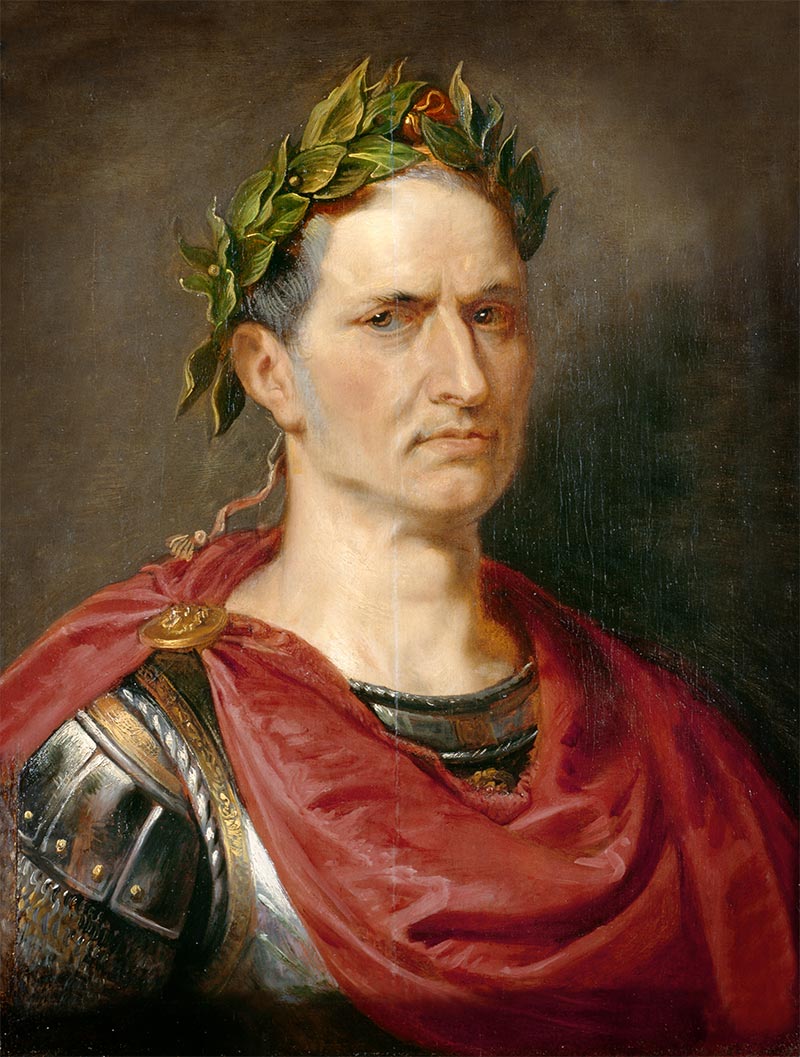Augustus controlled Rome's transition from a republic to an empire during the turbulent years that followed the killing of his great-uncle and adoptive father Julius Caesar. He was the first Roman emperor, but he never claimed the title for himself. He established the 200-year Pax Romana (Roman Peace) and the foundations of an empire that lasted, in various forms, for about 1,500 years by skilfully combining military force, institution-building, and lawmaking to become Rome's lone ruler.
Augustus: Origin and Passage
Historians have selected three honorifics and names for Augustus, each associated with a distinct period of the emperor's reign. He went by Octavius from birth in 63 B.C., became Octavian after his adoption was made public in 44 B.C., and was given the name Augustus, the august or exalted one, by the Roman Senate starting in 26 B.C. Twenty miles from Rome, in Velletri, he was born Gaius Octavius Thurinus. During the Roman Republic, his father served as a senator and governor. Caesar's niece Atai was his mother, while Caesar's sister Julia Ceasaris raised the baby Octavius in part.
August was the month of several of the emperor's greatest victories, including the defeat and suicide of Antony and Cleopatra. It was not extended to thirty-one days, as it had been since the Julian calendar was established in 45 B.C., but Augustus had the month of Sextilius renamed after himself in 8 B.C., just as his great-uncle and predecessor Julius Caesar had done with July.
At sixteen, Octavius put on the toga, the Roman symbol of masculinity, and started accepting duties because of his family's connections. He travelled to Hispania (present-day Spain) in 47 B.C. to fight beside Caesar. Along the journey, he was shipwrecked and had to travel through hostile country in order to meet his great-uncle. Caesar was sufficiently pleased by this action to name Octavius as his heir and successor in his will.
Augustus: The Road to Domination
When Octavius, then 17 years old, learnt of Caesar's demise and his own inheritance, he was at Apollonia, which is located in modern-day Albania. Allies of the deceased monarch, many of whom were senators, united behind Octavian in opposition to their formidable adversary Mark Antony. However, following Antony's army's defeat by Octavian's forces in northern Italy, the future emperor declined to pursue Antony head-on and instead chose to form an uneasy alliance with his adversary.
The Second Triumvirate was founded in 43 B.C. by Octavian, Antony, and Marcus Aemilus Lepidus. It was a power-sharing arrangement that assigned Octavian the West, Lepidus Africa, and Antony the East of Rome. Beginning in 41 BC, Antony maintained a love and political relationship with Egypt's Cleopatra, even after a senatorial decision compelled him to wed Octavian's sister, Octavia Minor. Lepidus stayed a minor player until the triumvirate was renewed in 37 B.C., when Octavian ultimately forced him to step down.
Due to his ongoing liaison with Cleopatra, Antony divorced Octavia in 32 B.C. Octavian proclaimed war on Cleopatra as payback. Agrippa, the admiral of Octavian's fleet, surrounded and destroyed Antony's ships in the Actium naval engagement, which took place a year later. Though Cleopatra's navy hurried to support her ally, the two lovers ultimately narrowly avoided death. With their suicides upon their return to Egypt, Octavian emerged as the uncontested emperor of Rome.
Augustus: Ruler in Every Way except Name
Historians place Octavian's victory at Actium in 31 B.C. or his adoption of the name Augustus in 27 B.C. as the beginning of his monarchy. During those four years, Octavian established his dominance in several ways. By paying her soldiers with the treasure she had taken, Cleopatra was able to win their allegiance. He issued rules resembling the customs of the Roman Republic, at least on the surface, in an attempt to appease the Senate and governing elites in Rome. He also tried to make Rome more attractive and better in order to win over the populace.
Augustus almost doubled the size of the empire in his 40 years in power by annexing regions in Europe and Asia Minor and forging alliances that allowed him to rule effectively from Britain to India. He lived a large portion of his time outside of Rome, where he established a system of taxes and censuses that united the empire's most remote regions and solidified authority in the provinces. He built the Praetorian Guard and the Roman mail service, extended the Roman road system, and transformed Rome with both monumental (a new forum) and pragmatic (police and fire departments).
Augustus: Genealogy and Lineage
Augustus had three marriages, the first of which to Clodia Pulchra, Mark Antony's stepdaughter, ended in annulment. Julia the Elder, his only child, was born to him and Scribonia, his second wife. In 39 B.C., he got a divorce and married Livia Drusilla, whose previous husband, Mark Antony's ally Tiberius Claudius Nero, had two sons: Tiberius and Drusus. After Augustus briefly allowed his stepson Tiberius to wed his daughter and subsequently recognised Tiberius as his son and heir in A.D. 4, the family tree grew increasingly convoluted.
In 14 A.D., Augustus Caesar passed away, his empire safe and at peace. His two recorded final remarks were, "I found Rome of clay; I leave it to you of marble," addressed to his subjects, and "Have I played the part well?" addressed to his friends who had supported him during his ascent to power. Then cheer me out as I go." Not long after that admission of human weakness, the Roman Senate formally proclaimed their late emperor to be a deity, just like Julius Caesar had done before him. Allwín Réx Allwín Réx Science Time with Rex Science Time with Albert Rex
“Young men, listen to an old man to whom old men listened when he was young.” -Augustus Caesar.




